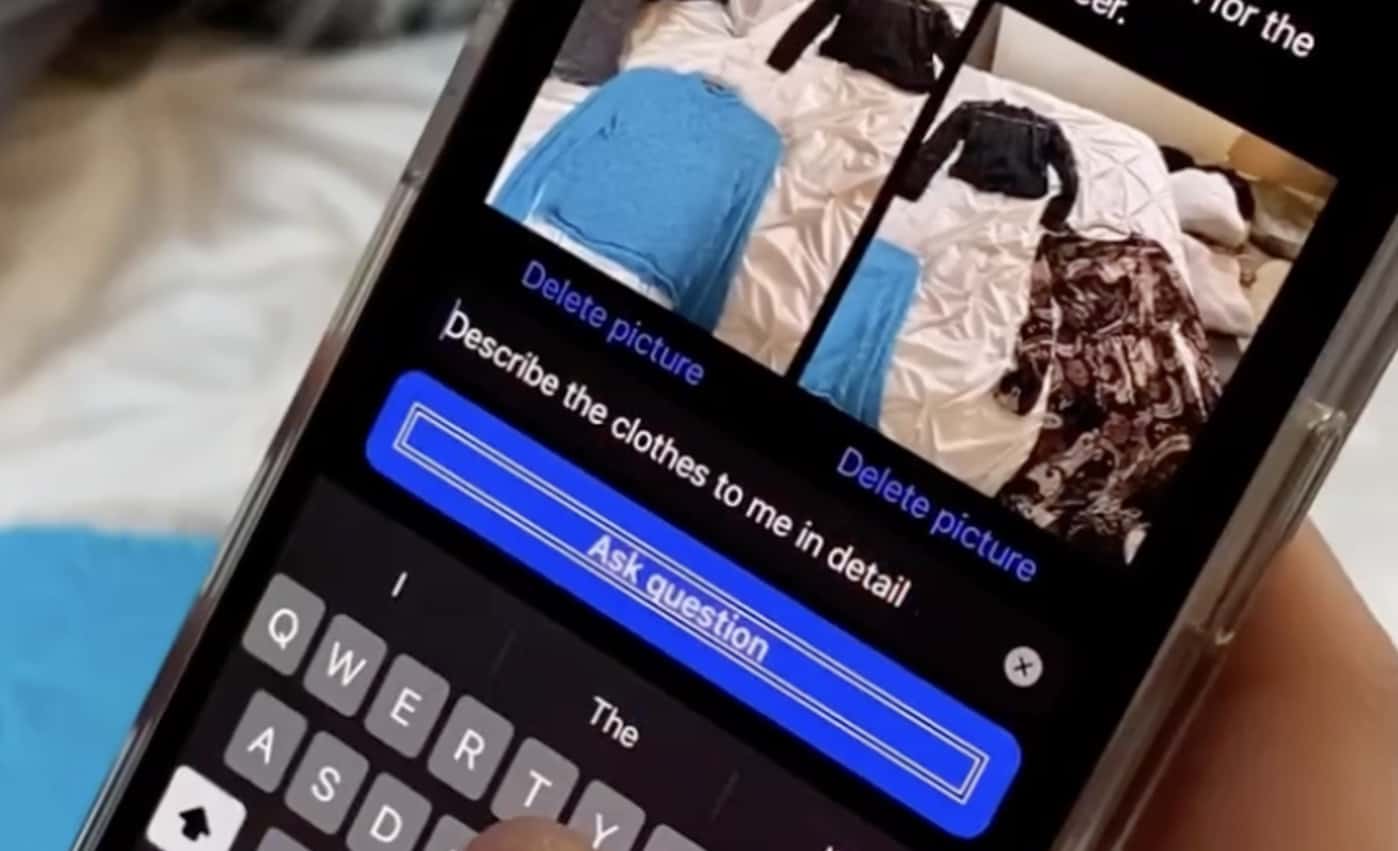2023 may have been the year of marvelling at the opportunities artificial intelligence (AI) and virtual reality presented but already in 2024 the technology has lost its shine.
The term AI relates to using computers to do things that traditionally require human intelligence – at its core, this means processing large amounts of data in ways that humans cannot, as typified by the ChatGPT boom.
However, it can also create visuals – as seen with the viral post of Pope Francis apparently sporting a white puffer jacket, made using the AI art tool Midjourney – and this is one of the main ways it has proliferated the marketing and advertising space in recent months.
So much so, that The Ordinary made a point of clarifying “For once it’s not AI” when it sent a supersize bottle of its new Hyaluronic Acid formulation down the Thames in February – a stunt that attracted praise on TikTok but criticism on Instagram for its environmental and sustainability implications.
Computer-generated ads – the cousin to AI-generated text, processes and images – have also been prolific, from Hellman’s announcing its official partnership with UEFA Euro 2024 via an oversized table football game to Netflix promoting its new show Griselda with a cocaine-snorting tanker and French broadcasting giant NRJ welcoming the arrival of Taylor Swift’s The Eras Tour to Paris by depicting an Eiffel Tower being covered in friendship bracelets.
In response to Wickes “painting the town Subtle Sage”, influencer marketing agency SEEN Connects commented that Fake Out Of Home (FOOH) marketing stunts are going nowhere.
“FOOH not only offers significant cost benefits over physical OOH, but also allows for maximum creative freedom,” the company said. “So it’s no wonder brands spanning countless industries, from Adidas to L’Oréal, are hopping on board.”
In a time where attention is hard to come by and digital cut-through is the ultimate prize, the pros of such a campaign are clear to see. The novelty and entertainment factors mark a clear road to high engagement rates as social media users marvel at the creativity and share their appreciation for the effort.
You may also like
However, the public’s patience for a new trend is limited and already there are rumblings of dissatisfaction for the continuation of the format. Sometimes, in a world of AI overwhelm and “gotcha” moments – such as an AI-generated photo of Katy Perry at the Met Gala going viral and “fooling everyone” – people just want to see the real thing, not be tricked by the intelligence of a computer programme.
System1’s Andrew Tindall recently faced backlash on LinkedIn for discussing a fake ad, receiving hundreds of comments criticising both the campaign and the analysis around it for being “misleading”, “ineffective” and “a scam”.
And after all that, it also turns out that the use and growth of AI brings with it an energy burn and further issues around sustainability – something most brands these days are attempting to address and counteract.
According to the International Electrotechnical Commission, AI systems consume a huge amount of energy: “Some reports say global emissions from cloud computing emit more carbon than commercial airlines and a recent study showed that, by 2027, the AI industry could be using as much energy as a country the size of the Netherlands.”
A recent Bloomberg article stated “AI is already wreaking havoc on global power systems” and “the almost overnight surge in electricity demand from data centres is now outstripping the available power supply in many parts of the world”.
If that’s not enough, it’s also paramount to consider the potential legal risks that come from utilising AI.
The UK government is currently developing a robust legal framework for AI but has yet to introduce specific legislation that regulates AI.
According to law firm Hybrid Legal, the key legal areas for marketers to be aware of when it comes to AI are: copyright and intellectual property; data protection; and algorithmic bias and discrimination.
So while those attention-grabbing AI campaigns may be appealing, first consider the potential backlash (lazy, fake and deceitful) and implications (financial, legal and sustainability), and choose another route – create something real, relatable and inclusive, and the audience and engagement are sure to arrive.
By Lauren Harris, CORQ editor










